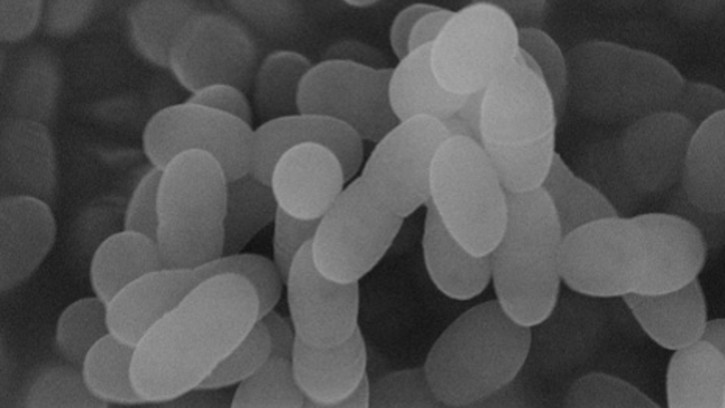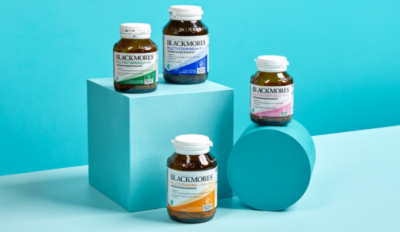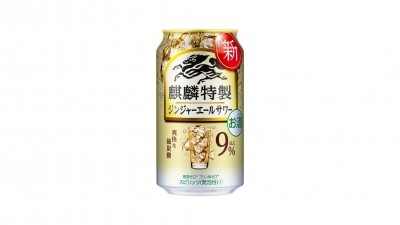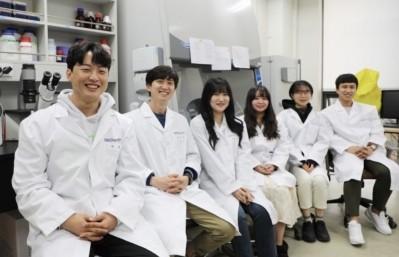LC-Plasma’s symptom-relief effects show promise as adjunctive treatment for COVID-19 – Kirin and Nagasaki University

The double-blinded and randomised controlled trial was conducted at Nagasaki University Hospital as the core facility in December 2021.
Findings from the study were presented at the 63rd Annual Scientific Meeting of the Japanese Respiratory Society on April 30 this year.
A total of 100 patients who had COVID-19 were assigned equally to two groups. Over a period of 14 days, the LC-Plasma group took four hard capsules containing the postbiotic (400bn units per day), and the placebo group consumed four capsules without the postbiotic daily.
Changes in subjective symptoms — cough, shortness of breath, fatigue, headache, anosmia (partial or full loss of smell) and dysgeusia (taste disorder), anorexia, and chest pain — were measured using a 4-point scale (0 for not affected, 1 for little effect, 2 for affected, 3 for severely affected).
The overall score analysis showed no difference between the two groups.
However, the percentage of patients who scored 0 for smell and taste dysfunction were significantly higher in the LC-Plasma group (nearly 95%) than the placebo group (less than 85%) after day 9.
It was also found that the placebo group had a significant decrease in percentage of plasmacytoid dendritic cells (pDC) in the blood, while the LC-Plasma group maintained a consistent percentage.
pDC are the “leader” of immune cells that fight against harmful invaders like viruses and bacteria.
In addition, the LC-Plasma group experienced a marked reduction of SARS-CoV-2 viral load from the start of treatment, whereas the placebo only started to show reduction from day 4.
“Although this study did not observe an effect on the subjective symptom total score, the results suggested that maintained pDC by the intake of LC-Plasma may have resulted in an early reduction of SARS-CoV-2, and quicker recovery of smell and taste dysfunction,” Kirin said.
Nagasaki University and Kirin have jointly filed a patent application for the findings, in the hope that LC-Plasma would become a new treatment or adjunctive care for patients with mild COVID-19.
Potential in pharmaceuticals
According to Kirin, COVID-19 has infected 676.57m and killed 6.88m people worldwide, as of March 10, 2023.
“Although vaccines have been introduced widely and patients with mild illnesses account for a large proportion of the affected population, only a limited number of drugs are available for these patients and treatment is mainly based on symptomatic therapy. Therefore, people are still eagerly waiting for an easily accessible, safe and effective treatment for COVID-19,” the firm said.
LC-Plasma was discovered by Kirin in 2010 as a lactic acid bacteria that activates pDC.
Previous studies have shown that pDC acts as the first line of defense against viral infectious diseases, and suppresses the onset of influenza, rotavirus and dengue fever.
These scientific evidence of LC-Plasma’s immune function gained interest from Nagasaki University, a research institute with notable achievements in the field of infectious diseases.
The joint research was held to evaluate the effects of LC-Plasma in relieving COVID-19 symptoms, and explore its potential as a pharmaceutical product.
This falls in line with Kirin’s increasing focus on expanding its health science business both in Japan and across the globe, with its most recent venture being the planned acquisition of Australian complementary medicines leader Blackmores.






















